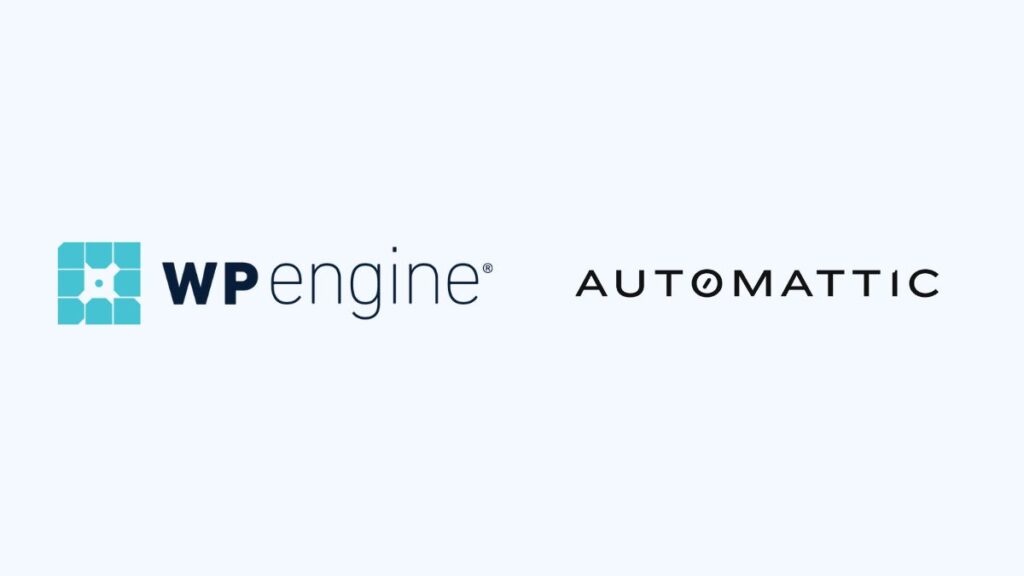Judge grants preliminary injunction in WP Engine’s lawsuit over alleged interference and harm

A California District Court has issued a preliminary injunction against Automattic, the parent company of WordPress.com, requiring it to stop blocking WP Engine’s access to WordPress.org resources and interfering with its plugins.
The ruling, delivered on Tuesday by Judge Araceli Martínez-Olguín, comes after WP Engine, a third-party WordPress hosting service, filed a lawsuit accusing Automattic and its CEO, Matt Mullenweg, of causing “immediate irreparable harm” to its business. WP Engine sought court intervention to prevent Automattic from restricting its access to WordPress.org.
Background of the Dispute
The legal battle began in September when Mullenweg publicly accused WP Engine of misusing the WordPress trademark and not contributing adequately to the WordPress community. Following this, Automattic blocked WP Engine’s access to WordPress.org’s servers and took control of its Advanced Custom Fields (ACF) Plugin.
In her ruling, Judge Martínez-Olguín found evidence supporting WP Engine’s claims that Automattic’s actions disrupted business relationships. She criticized Automattic’s conduct as being intentionally disruptive, stating, “Defendants’ role in helping that harm materialize through their recent targeted actions toward WPEngine, and no other competitor, cannot be ignored.”
Implications of the Injunction
The preliminary injunction orders Automattic to:
- Cease blocking WP Engine’s access to WordPress.org resources.
- Remove a list of companies it displayed on a site tracking WP Engine customers.
- Take down a login checkbox requiring users to verify they are not affiliated with WP Engine.
The court also rejected Automattic’s argument that WP Engine’s reliance on WordPress.org was self-imposed. Instead, the judge emphasized that Automattic’s targeted actions uniquely harmed WP Engine and affected the broader WordPress community.





Comments are closed.